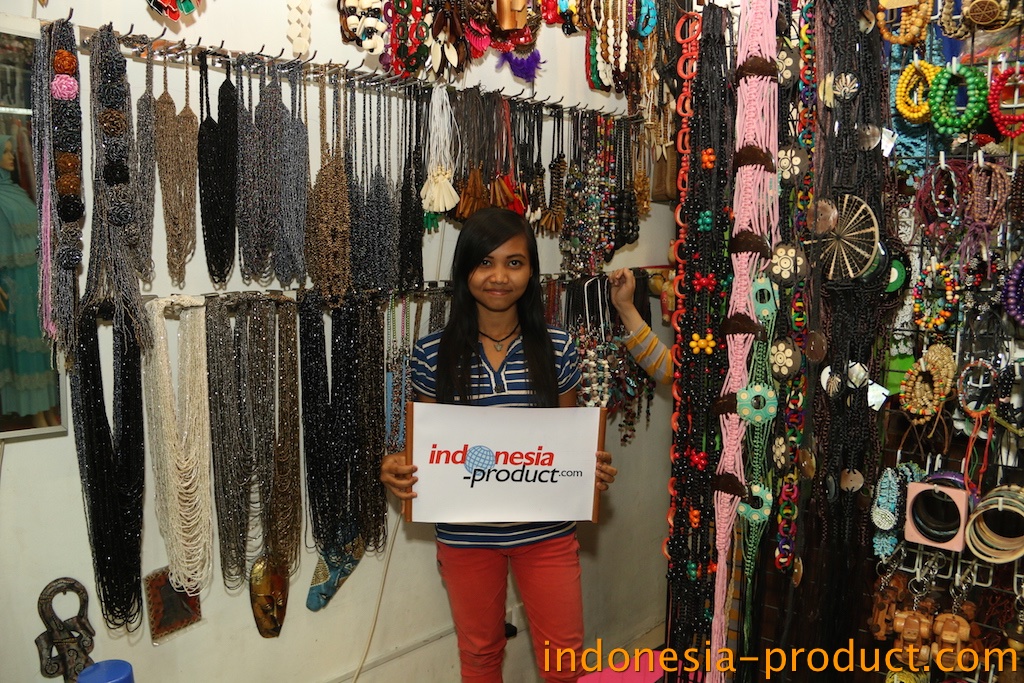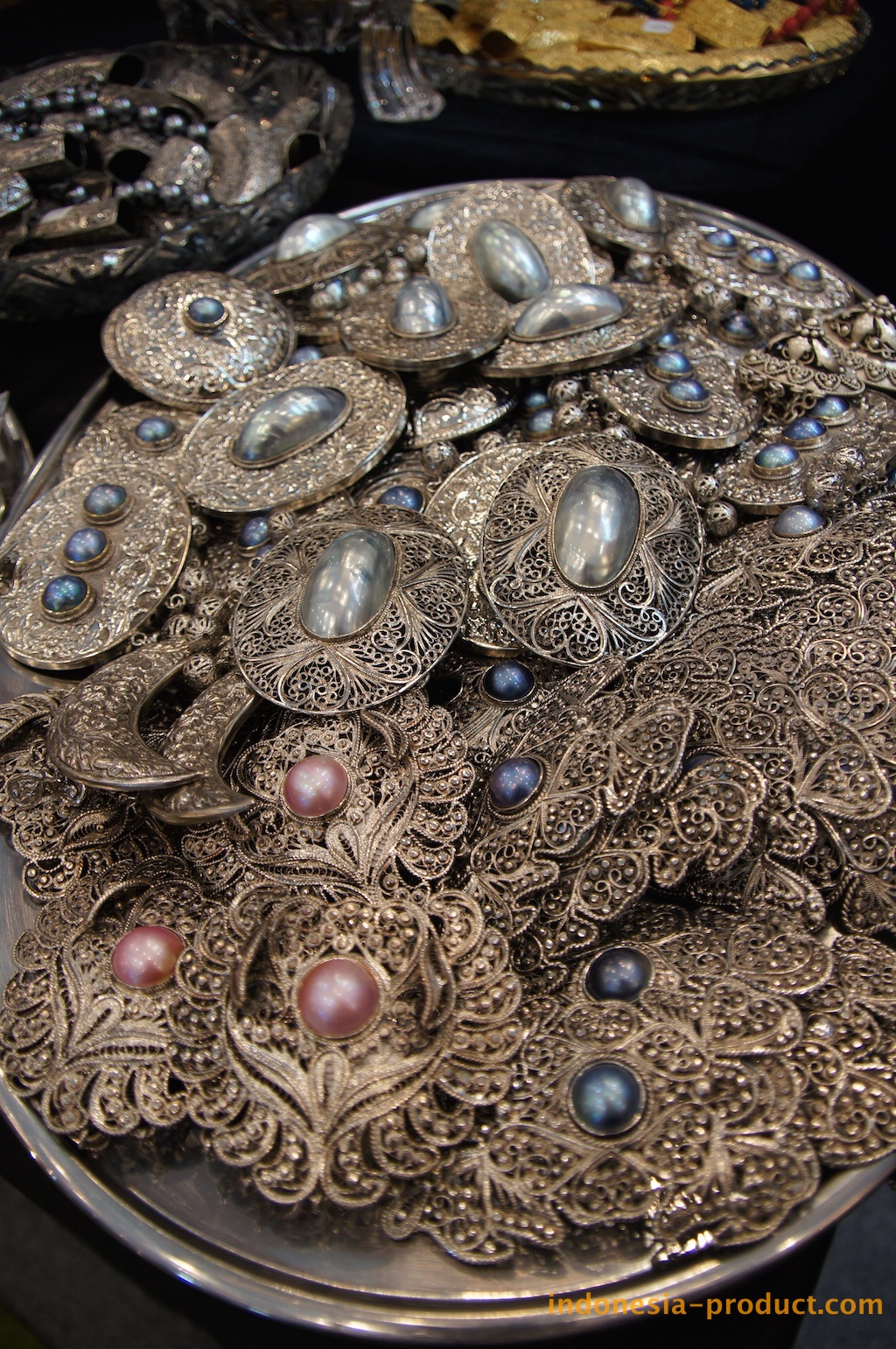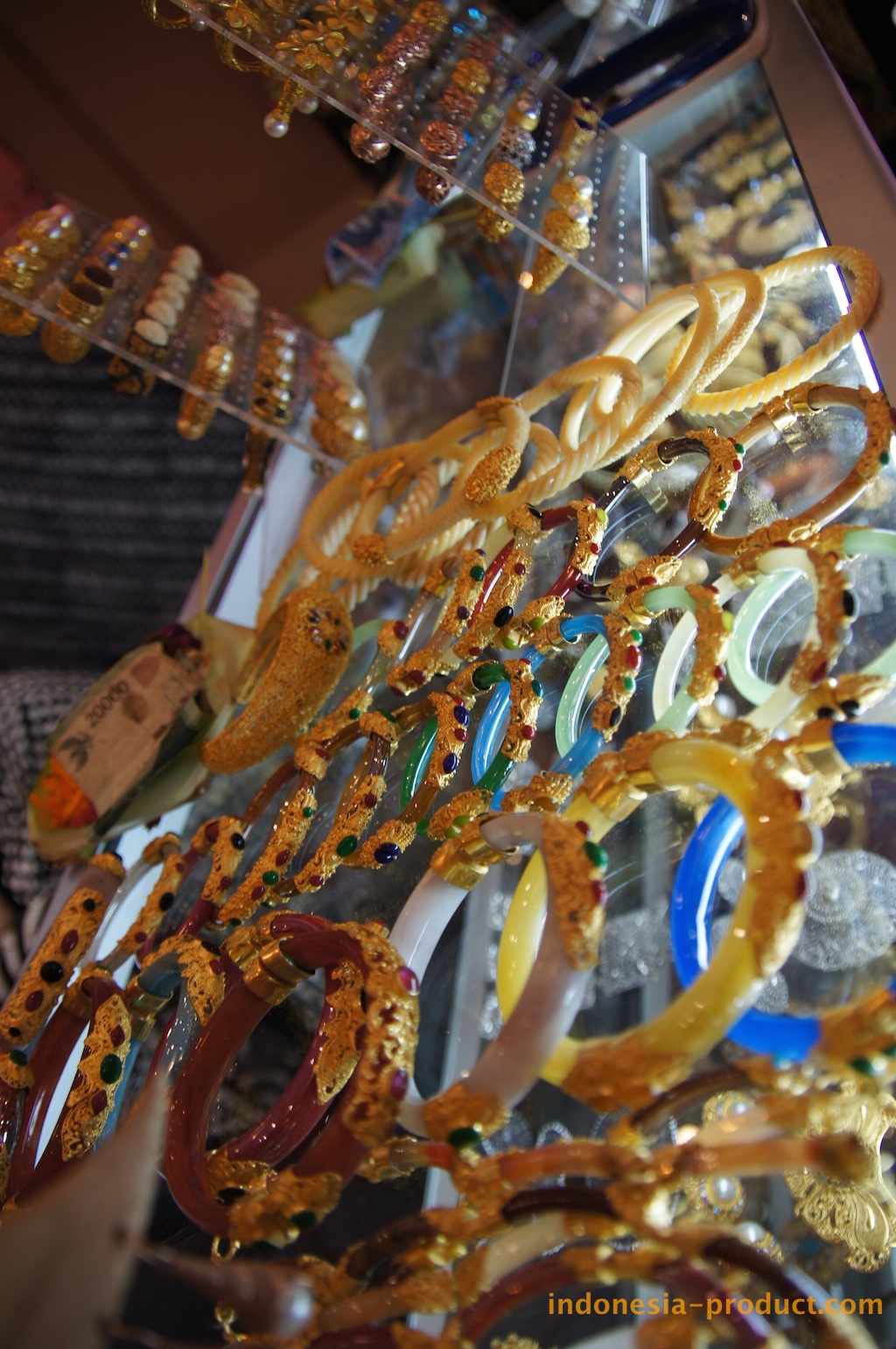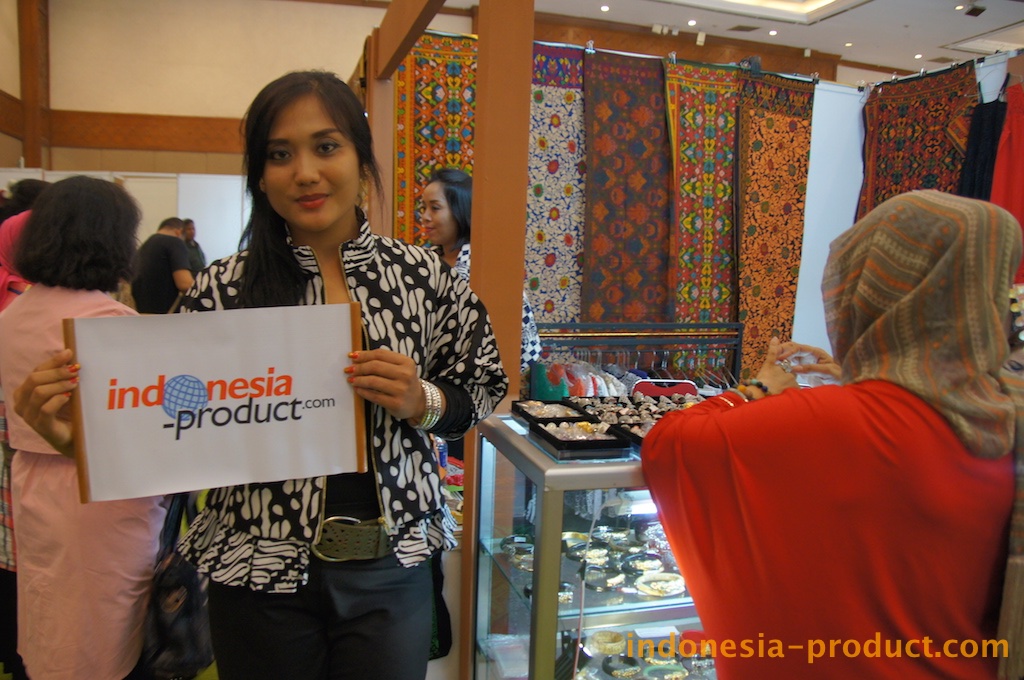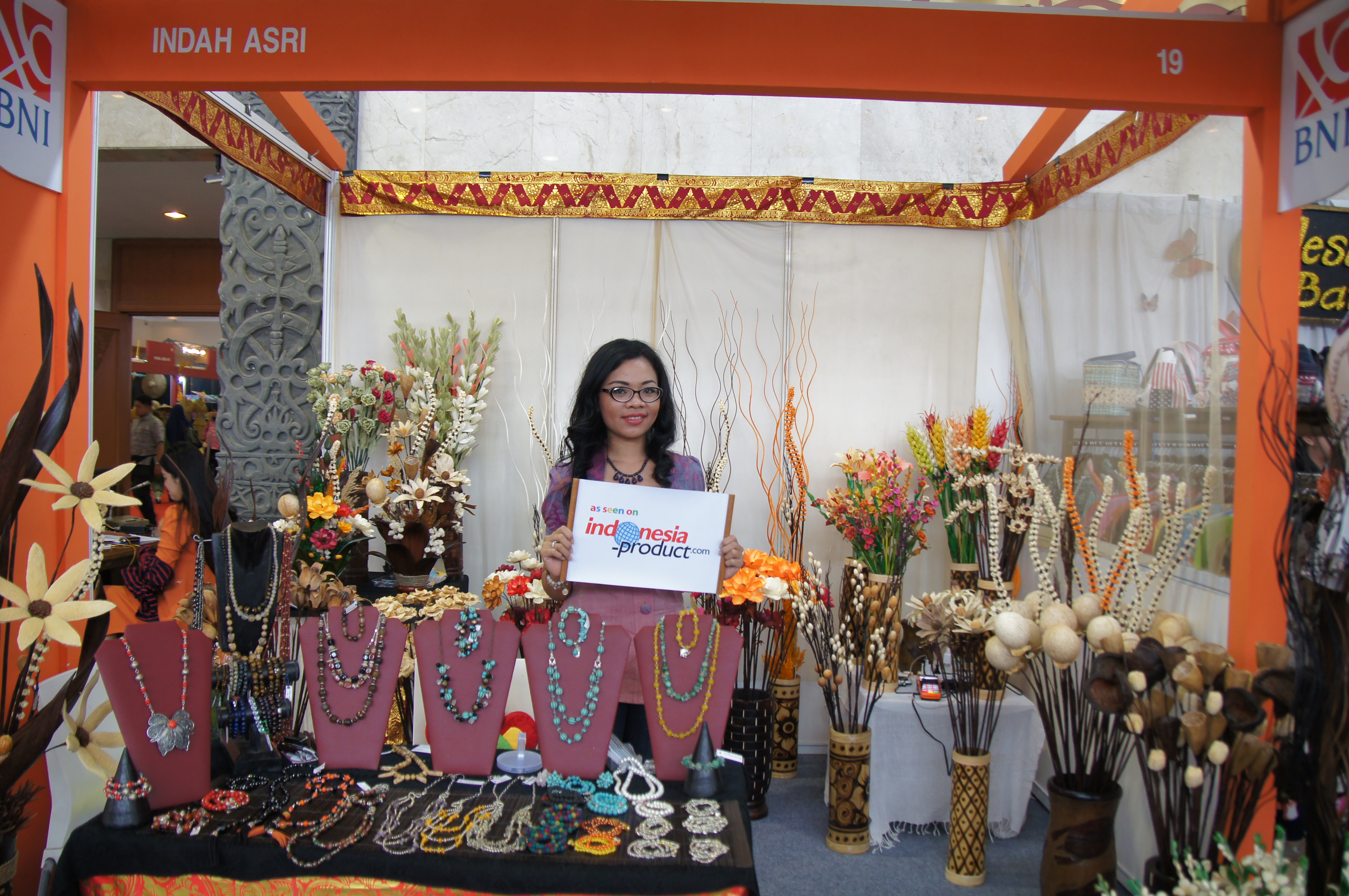Turkish gold jewelry maker to expand overseas
Reuters
By Clare Black and Humeyra Pamuk
ISTANBUL (Reuters) – Turkey’s only listed gold jewelry retailer, Goldas (GOLDS.IS: Quote, Profile, Research), aims to quadruple its overseas presence as part of an ambitious strategy to build a strong brand image.
Cetin Binatli, board member of Goldart Holding, Goldas’ mother company, told Reuters that Turkey’s top jewelry exporter was planning to open new stores in Russia and China, as well as expanding its domestic outlets via funding from local and international banks.
Turkey burst onto the gold jewelry scene some 15 years ago and the industry is now the world’s second largest exporter, giving the world leader Italy a serious run for its money.
Official exports of gold jewelry from Turkey totaled 110 tons, worth $1.0 billion in 2005, up from 105 tons worth $847 million the previous year.
Industry analysts say Turkey also exports a similar amount in both tonnage and value via tourist sales the so-called luggage trade to neighboring countries.
“We are getting much closer to the Italian market in terms of quality and price,” Binatli said. “End-buyers have realized there is no difference.”
Producers in Italy have been struggling to match the competitive prices offered by Turkey and many have simply shut up shop. Others now buy their goods in Turkey and then re-export them with Italian branding, industry experts said.
According to UK-based consultants GFMS, Italian jewelry production fell as rivals cut its share of export markets. Fabrication fell in 2005 by some 8 percent to just over 280 tons.
In 1998, before Turkey began seriously exporting, Italy produced a peak of 535 tons. Indian exports have also taken market share from Italy.
Binatli knows that creating a brand is a long process and says the “Made in Italy” brand is recognized and appreciated in the U.S., one of the world’s biggest jewelry consumers.
That’s why Goldas, which is also listed in Frankfurt and Berlin, has decided to focus on places like Russia, China and the Middle East.
“In these emerging markets, it is quite a lot easier to establish a brand, because there is no existing brand,” he said.
“People are hungry for new things and new brands.”
ERODING MARGINS
Goldas’ shift from wholesale producer to retailer is a path that most of Turkey’s 10 or so major jewelry manufacturers are being forced to follow in order to make a profit.
Wholesale margins have been significantly eroded by the effects of an overvalued Turkish lira, coupled with higher labor costs, inflation and a lower dollar.
Add soaring gold prices to the equation and it is easy to see why they are looking to add as much value as possible.
“We are trying to shift to the retail side. The returns are better and we can sell our own products in our own name.”
This means Goldas and other jewelers must not only compete on a cost basis, but they must also raise the quality of their products.
Goldas has not forgotten its domestic consumers and also plans to quadruple its presence in Turkey during the year, increasing its number of stores to 50 from 12.
Stores visited by Reuters in Istanbul were stylish and slick, offering a wide range of modern and more traditional Eastern-style jewelry.
Binatli said Turkish consumers were again looking at gold as they had done in the past — as a safe haven investment, rather than as an adornment.
“Turkish investors are investing in jewelry and they are buying even though the price of gold is going up,” he said.

